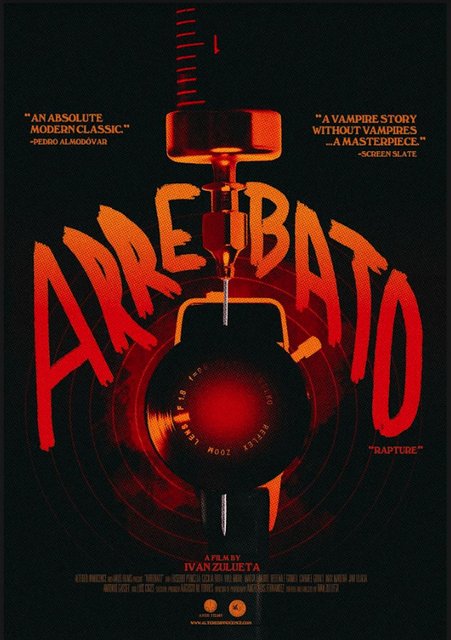 JEREMIAH JOHNSON (1972)
JEREMIAH JOHNSON (1972)
Directed by : Sydney Pollack
There was all kinds of psychological resistance going on inside of me when it came time to watch
Jeremiah Johnson - my internal monologue was of the sort : "So, this guy is going to go into the American wilderness and live off the land? This movie is going to be so
boring!" I couldn't imagine much happening. He goes fishing? He shoots a bear? He builds a cabin? Well, he actually
does do all three of those things, but Johnson's story, as told in this film, was a lot more interesting than a simple shopping list of "things you do when you go off the grid" being ticked off. I'd assumed that this character would be alone for most of the film, but as it so happens, Jeremiah is rarely alone - and it's his relationship with fellow homesteaders, soldiers and Native Americans that forms the core of
Jeremiah Johnson. All of this reaches dramatic peaks that grip you tightly when he has to deal with death - whether it's coping with the grief of a crazed settler whose children have been brutally murdered, or else the murder of people he's personally close to. Not only is the harsh wilderness a tough place to survive just on your own - other human beings double the danger in a fight for resources and territorial rights. So Robert Redford, as Johnson, has a distinctly defined character arc from hopeless newbie to experienced survivor to grizzled, hardened maniac. I was definitely disabused of the notion that this would be a dull, lonely slog - it's high drama.
Johnson was a veteran of the Mexican War that decided to try his hand at being a "mountain man" in the Rocky Mountains. We watch him absolutely struggle at first, until he finds a mentor in "Bear Claw" Chris Lapp (Will Geer) - but the film doesn't go overboard as far as the killing of animals is concerned, except for one scene later on in the film where Johnson has to fight off a pack of wolves, most of which he bludgeons to death - one part for animal lovers to skip. Johnson finds other friends to hook up with, including Del Gue (Stefan Gierasch), and has high ideals when it comes to the Native Americans he comes across. Johnson respects the fact that this is
their territory, and at one stage makes the mistake of offering a tribe
way too much gift-wise. He ends up with a Native American wife through no choosing of his own, and in a similar manner a young mute boy - a kind of ad-hoc family. Interactions with Native American culture, where it's so easy to cross lines as far as both sides are concerned, make Johnson's journey both really interesting and absolutely full of tension and fear. The U.S. Army cavalry and much feared Crows complicate matters a great deal, and end up turning Johnson into the famous, somewhat 'massacre-happy' figure he became. The movie is more about this clash of cultures than it is surviving in the wilderness, although both form the core of this epic 1972 film.
So, this was anything but boring, with a pace that surprised me in it's nimble forward progression from start to finish. Whether it be difficulty or calamity, there's one event after the other or else the characters in this film are facing challenges that keep a viewer very much invested all the way through. You have to wonder from time to time - "could I have survived out there?" Imagine living with the terrible fear of being beaten by either the environment or hostile people. Where life is simply a constant all-out effort to just survive and provide basic needs for yourself. I'm not an American, so maybe Jeremiah "liver-eating" Johnson is more of a famous figure than I initially realised, but despite this being based on a real-life figure I approached it as a kind of fiction - or at least only loosely based on fact. That said, it's brutal depiction of life in the wilderness felt authentic and true-to-life, and that's what I really liked about this film. I also liked the fact that the Native Americans weren't tarred with the same brush, and that instead some were shown to be wise and measured, others more combative. There's some great photography and editing, and all-up
Jeremiah Johnson ended up really surprising me - it's a firm recommendation to those who haven't seen it.
Glad to catch this one - nominated for the Palme d'Or at Cannes in 1973, it was also a critical and box office success.

Watchlist Count : 438 (-12)
Next : Fallen Angels (1995)
Thank you very much to whomever inspired me to watch
Jeremiah Johnson





























